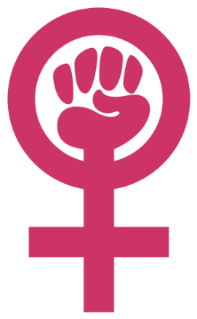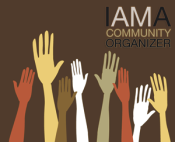This article has been submitted to BlackExPat.com for publication.
In his book “Quitting America: The Departure of a Black Man from His Native Land”, Randall Robinson, a Black lawyer and founder of Tran-Africa, who dedicated himself to ending South African apartheid, explains why he ultimately decided to leave America for St. Kitts, just after George W. Bush assumed the
Like Mr. Robinson, I am an attorney who could return to the
Two years before I left the
Like gun slingers from the Wild West, these officers of American lawlessness approached my car from behind, with their hands on their guns, treating me as if I was terribly dangerous, simply because they perceived the dark color of my skin. They let me go on my way only when they determined that there was simply no reason whatsoever to have stopped me in the first place.
And yet, like so many Black men whom the police “thought he had a gun,” I understand that I was within an inch or a twitch of death that evening. Had the police killed me, they would undoubtedly have done so with impunity. There is, for the most part, no penalty for police who kill Black people in the
During the days of Jim Crow and de jure segregation in the United States, it was nearly impossible for Blacks to travel because we could not find restaurants, hotels and even bathrooms that were open to us, and there was no telling what color-aroused dangers we might face on the road. With respect to the police, we may be just as likely to be stopped while traveling now as we were in the 1950’s.
When I moved to New Jersey to accept that new job, on one occasion I was stopped twice in fifteen minutes, first in one town and then in the next.
Ironically, when I left the
Many US Blacks are accustomed to being treated like criminals, with police treating us as if we are on the wrong side of the prison gates, simply because we are Black and we are still not incarcerated. For example, police once stopped my older brother and me in a white neighborhood and released us only when a white friend, who was also a stranger to these police, “vouched” for us. It seems little has changed since before the Civil War, when Black freemen needed an official pass to travel, and slaves needed a letter from their owners.
Here in
I prefer to live in
People don't use the term "interracial marriage" in
I didn’t realize the toll all of this American persecution and hypocrisy took until I was in
However, Mediterranean France has its own drawbacks, including a culture in which white Frenchmen feel free to make color and ethnicity associated comments that would not be considered socially acceptable in the
Did you know that it is unlawful to insult someone in
Now, I hear readers shouting that the “right” to insult others on the basis of their skin color is enshrouded in the US Constitution and essential to “freedom.” Give me a frickin’ break! Just as standing on a table and farting directly in others’ faces is not constitutionally protected “speech”, calling people color-aroused epithets is not an essential “right”.


